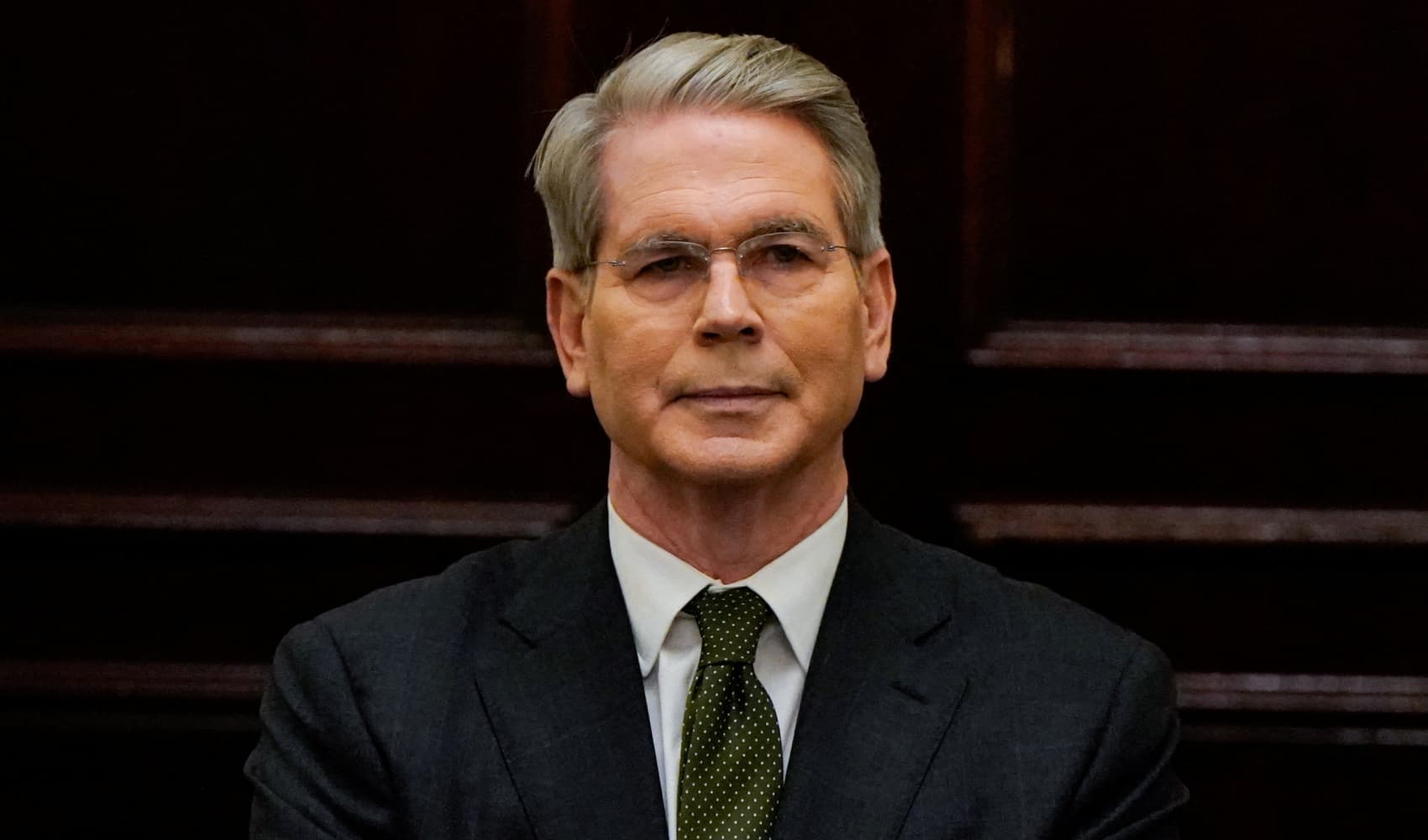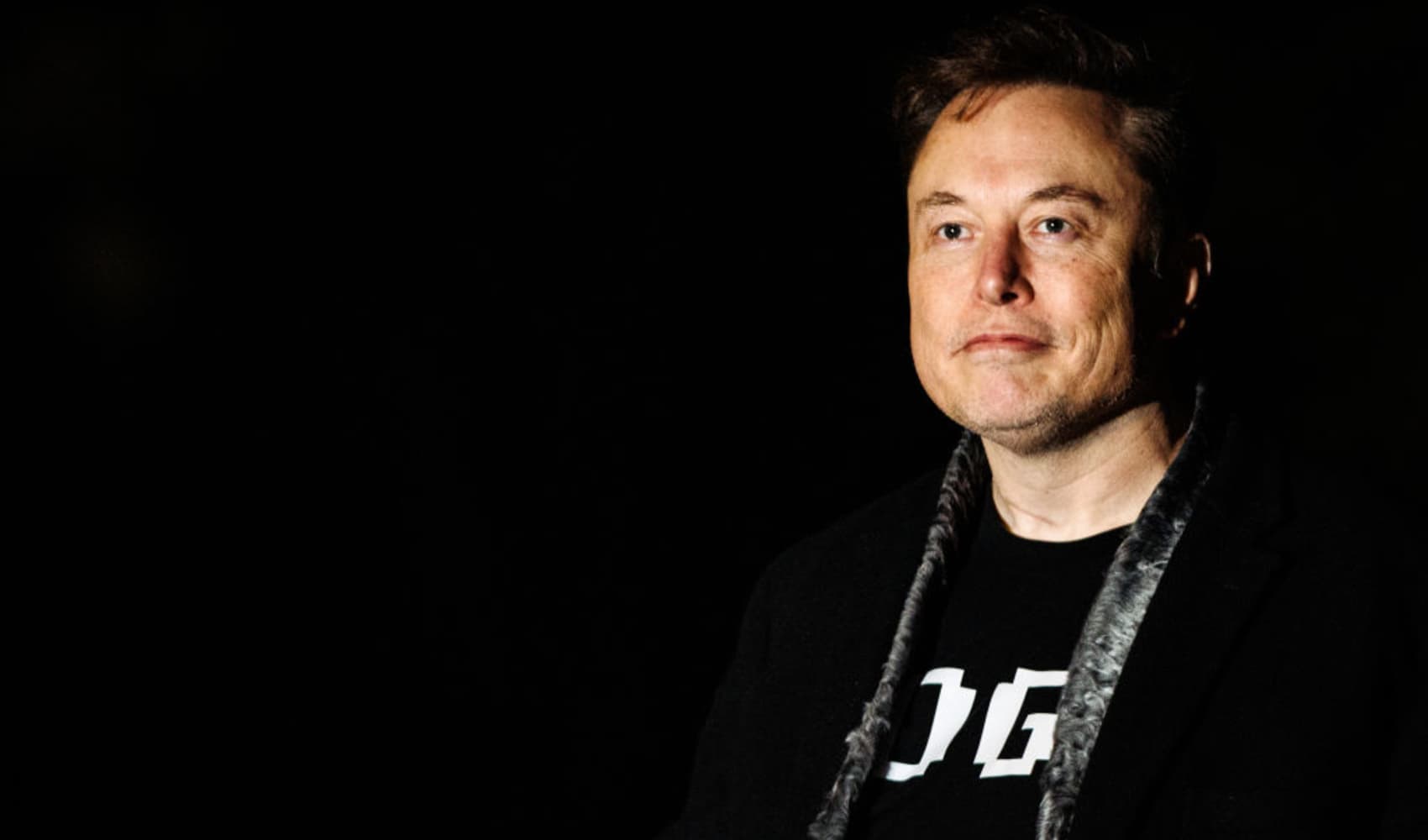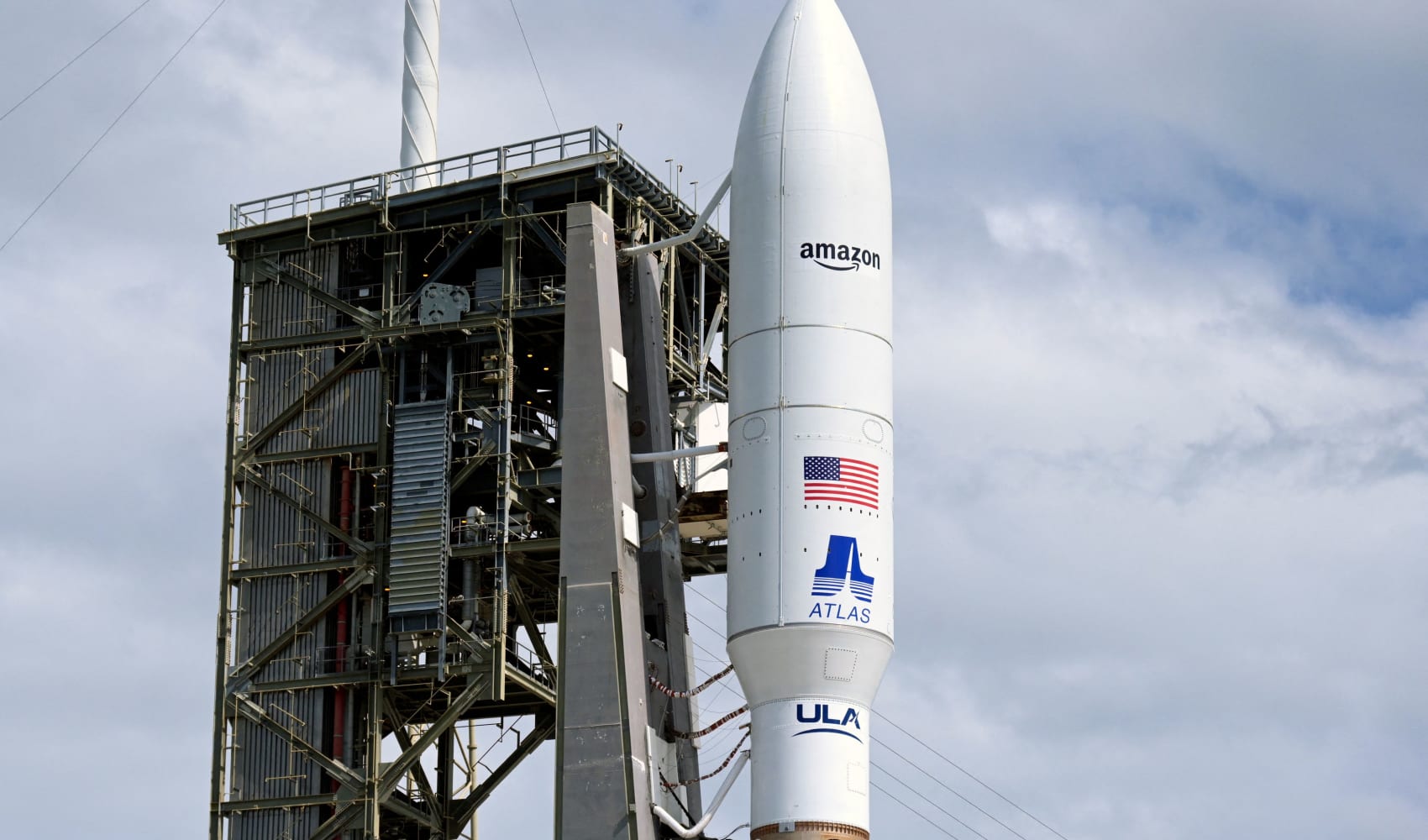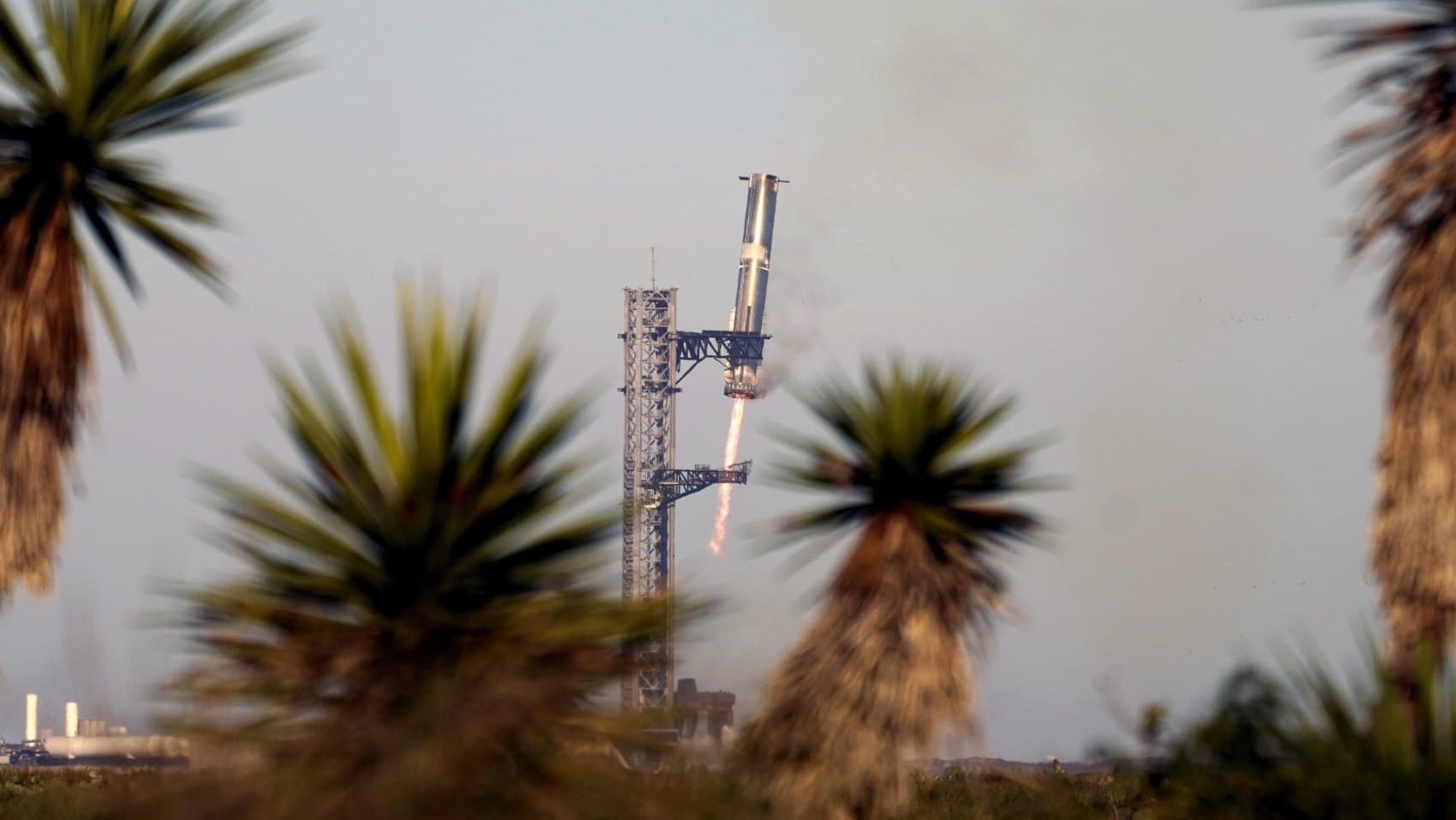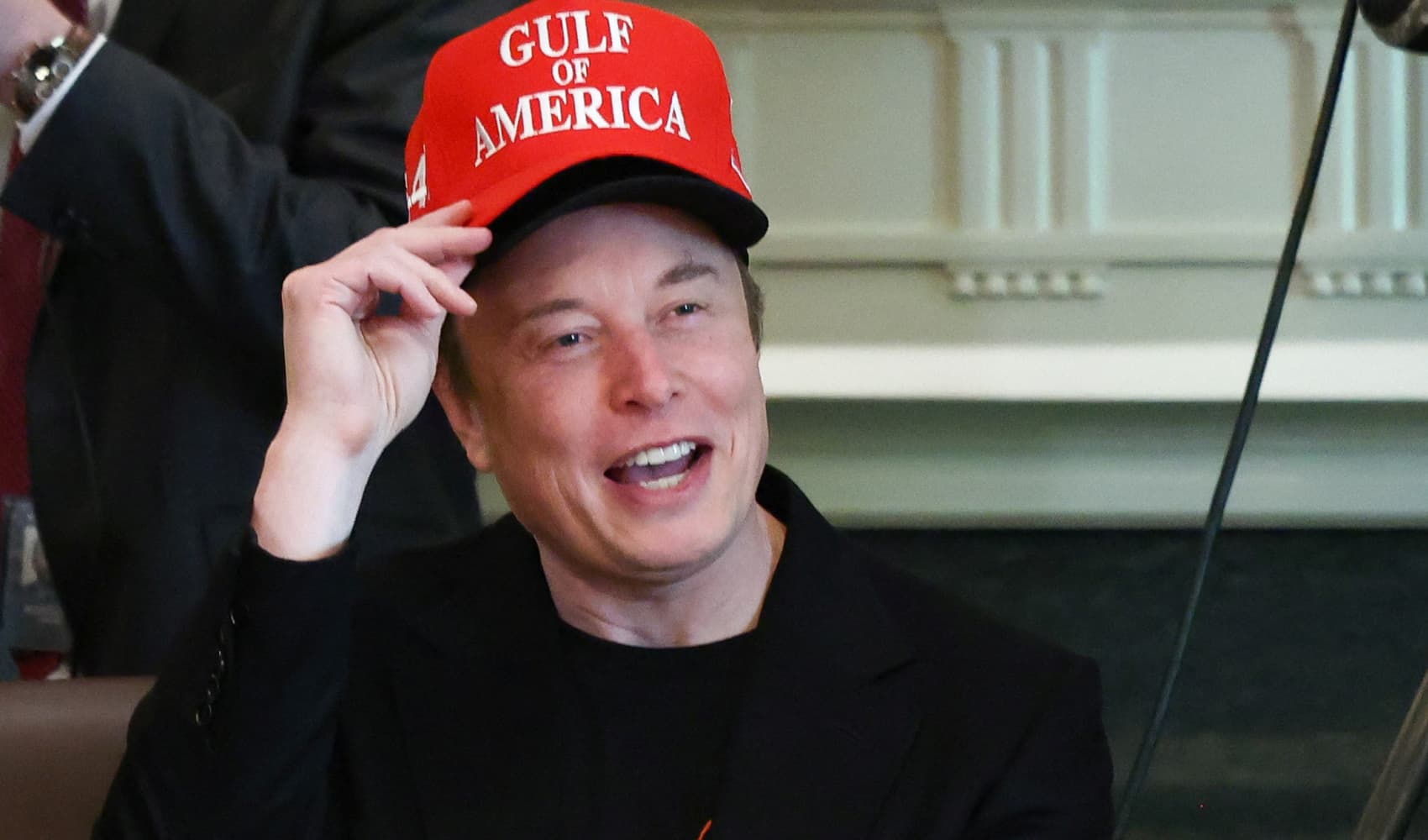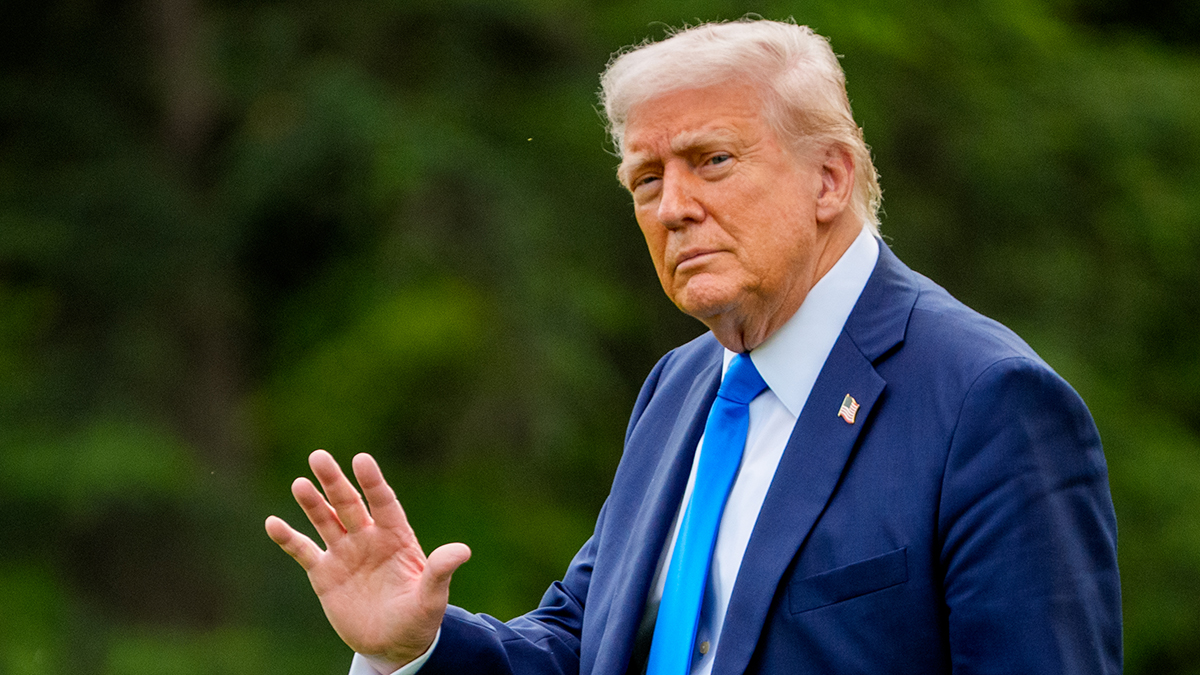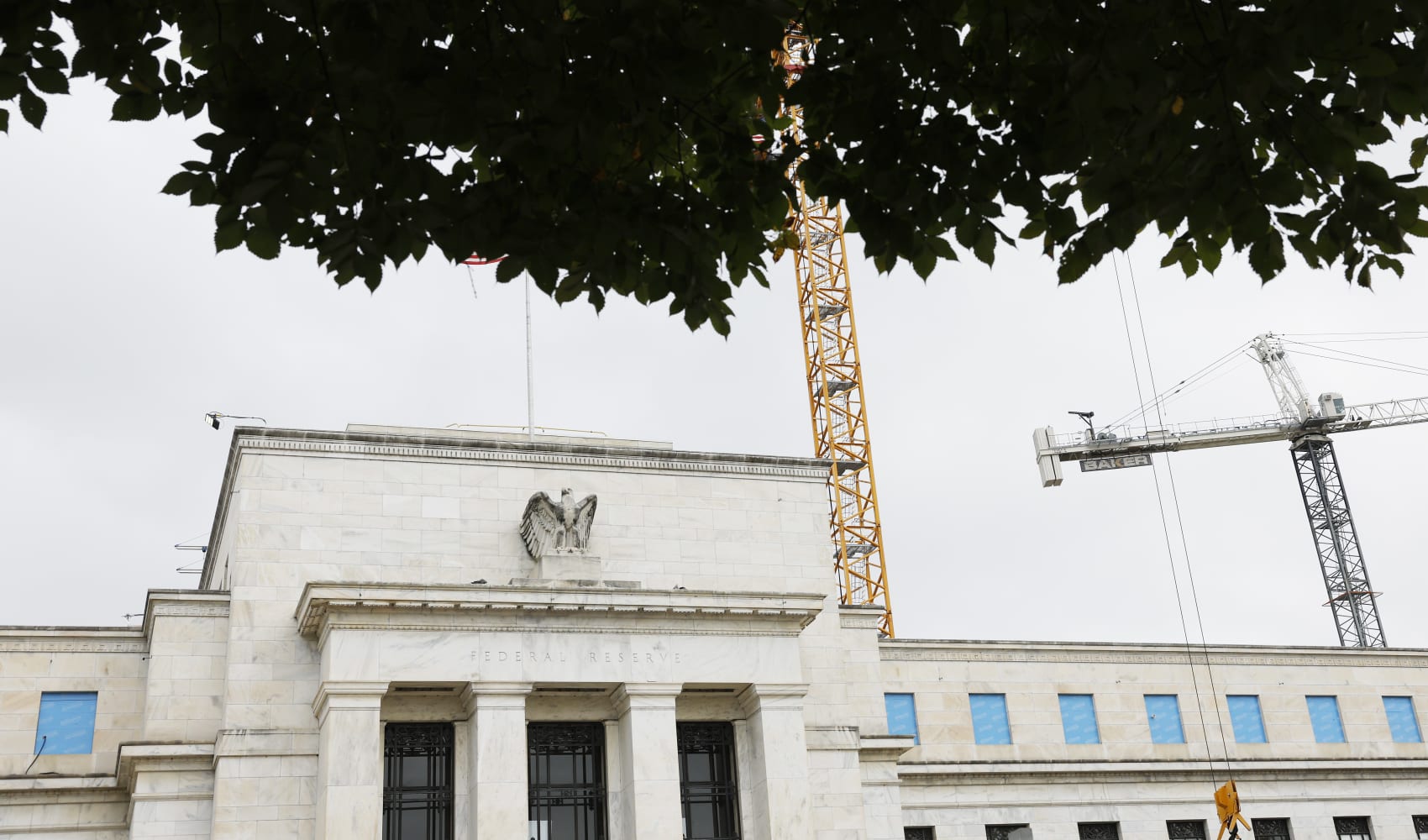Trump Treasury: Yale Grads Warn of Fascism Descent!
Yale Grads Warn Trump's Treasury Pick: Fascism's Door Swings Open?
Introduction: A Letter From the Past, A Warning for the Future
Imagine getting a letter from your old college buddies – not just a catch-up about kids and careers, but a serious intervention about the fate of democracy. That's essentially what happened to Treasury Secretary Scott Bessent. His Yale University classmates from the class of '84 penned a strongly worded letter, urging him to reconsider his role in the potential "transformation" of the U.S. "into an authoritarian state" under the Trump administration. It's a dramatic claim, but it raises important questions about the responsibilities of individuals serving in positions of power, especially during politically turbulent times. Is Bessent aware of the potential implications of his service, or is he simply focused on the honor he feels?
The Letter: A Cry for Concern
The letter, signed by over 140 of Bessent's classmates as of Friday, doesn't mince words. It directly challenges Bessent to reflect on the potential consequences of his actions. It's not just a polite disagreement; it's a plea, a warning from those who know him best. They are lawyers, CEOs, journalists, pastors, professors, farmers, and social workers – a diverse group of professionals expressing unified concern.
Who Signed the Letter?
Think of your own graduating class. Wouldn't it be significant if a large number of your peers, representing various professions and backgrounds, all voiced the same concern about your choices? The diverse backgrounds of the signatories amplify the weight of their message. It’s not a fringe group; it's a broad representation of educated, engaged citizens.
Specific Concerns: A Mixed Bag of Modern Controversies
The letter details a number of specific concerns, painting a picture of a potential dystopian future. These anxieties range from the serious to the somewhat surreal. Let's delve into some of the key points.
Elon Musk and DOGE: A Sign of What's To Come?
The inclusion of Elon Musk and DOGE (Dogecoin) in the administration raises eyebrows, to say the least. What role would these individuals have in shaping fiscal policy? Is this a sign that the Trump administration is willing to entertain less-than-conventional ideas, potentially at the expense of stability and predictability? The mention of DOGE seems almost comical, yet it underscores the classmates' unease with the unconventional nature of the current political landscape.
Tariffs: Economic Warfare or Necessary Protection?
Tariffs, always a contentious issue, are another point of concern. Critics argue that tariffs can lead to trade wars, harming consumers and businesses alike. Is the administration considering the potential long-term damage that tariffs could inflict on the American economy? Are we heading towards economic isolationism?
Trump Meme Coins: A Symbol of… What Exactly?
The phrase "Trump meme coins" is both bizarre and indicative of the increasingly blurred lines between politics and internet culture. What does this say about the seriousness with which the administration approaches its responsibilities? Is this a distraction tactic, or a genuine attempt to connect with a new generation of voters?
Immigration Enforcement Policy: Humanitarian Crisis or Border Security?
Immigration enforcement policy is a particularly sensitive area. Critics argue that some policies are inhumane and violate international law. Are these policies being implemented with compassion and respect for human rights? Or are they contributing to a climate of fear and division?
Bessent's Response: Duty and Honor Above All?
Bessent's response to the letter was brief and to the point. He stated that "Being part of the Trump Administration and serving the American people is the honor of my lifetime." It’s a patriotic sentiment, but does it address the concerns raised by his classmates? Does it acknowledge the potential risks they've highlighted?
Is Blind Loyalty Justified?
Is serving the American people, in Bessent's view, inherently aligned with the policies of the Trump administration? Or is it possible to serve with integrity while also questioning and challenging certain decisions? The letter seems to suggest that blind loyalty could be detrimental to the very principles Bessent claims to uphold.
Fascism: A Loaded Term or a Legitimate Concern?
The use of the term "fascism" is undoubtedly provocative. Is it an exaggeration, or a genuine fear based on observable trends? It depends on who you ask, but it is worth noting that concerns about authoritarianism are being voiced across the political spectrum.
How Does Authoritarianism Start?
History teaches us that authoritarianism rarely arrives overnight. It often creeps in gradually, through the erosion of democratic norms and institutions. Are we witnessing such an erosion in the United States? That's the core question at the heart of the Yale classmates' concerns.
Yale and Political Activism: A Historical Perspective
Yale University has a long history of political activism. From student protests during the Vietnam War to contemporary debates about social justice, Yale students and alumni have consistently engaged with the pressing issues of their time. This letter to Scott Bessent is just the latest example of that tradition.
The Power of Alumni Networks
Alumni networks can be powerful forces for change. They bring together individuals with shared experiences and values, providing a platform for collective action. In this case, the Yale alumni network is being used to hold one of its own accountable.
The Role of Treasury Secretary: More Than Just Numbers
The Treasury Secretary is not just an accountant; they are a key player in shaping the nation's economic policy. Their decisions have far-reaching consequences, affecting everything from inflation to unemployment to international trade. As such, the Treasury Secretary must be mindful of the potential impact of their actions on all Americans, not just a select few.
Ethical Considerations: Where Do You Draw the Line?
Every government official faces ethical dilemmas. Where do you draw the line between loyalty to your superiors and your duty to the public good? The Yale classmates are essentially asking Bessent to consider whether he is crossing that line.
The Broader Context: Political Polarization and Democratic Decay
This letter isn't just about one individual or one administration. It's a reflection of the broader anxieties about political polarization and democratic decay. Many people, regardless of their political affiliation, are concerned about the future of American democracy.
Can Dialogue Bridge the Divide?
In an increasingly divided society, it's more important than ever to engage in respectful dialogue. Can the letter from Bessent's classmates spark a constructive conversation about the direction of the country? Or will it simply be dismissed as partisan bickering?
The Future of American Democracy: A Crossroads?
Are we at a crossroads in American history? Will we continue down a path towards greater division and authoritarianism? Or can we find a way to come together and reaffirm our commitment to democratic values? The choices we make today will determine the kind of future we leave for generations to come.
Conclusion: A Wake-Up Call From the Past
The letter from Scott Bessent's Yale classmates is more than just a personal appeal. It's a stark warning about the potential dangers of unchecked power and the erosion of democratic norms. It highlights the ethical responsibilities of individuals in positions of authority and underscores the importance of critical thinking and dissent. Whether Bessent heeds the call remains to be seen, but the letter itself serves as a reminder that democracy requires constant vigilance and active participation from all citizens.
Frequently Asked Questions
- What prompted the Yale classmates to write this letter? They were concerned about the potential transformation of the U.S. into an authoritarian state under the Trump administration and wanted to urge Bessent to reconsider his role.
- What specific policies are the classmates worried about? Their concerns include the role of Elon Musk and DOGE in the administration, tariffs, Trump meme coins, and immigration enforcement policy.
- How did Treasury Secretary Bessent respond to the letter? He stated that "Being part of the Trump Administration and serving the American people is the honor of my lifetime."
- Is the term "fascism" being used appropriately in this context? The use of the term is subjective and depends on one's interpretation of current events. However, it reflects a broader concern about authoritarian tendencies.
- What can individuals do to safeguard democracy in the current climate? Individuals can stay informed, engage in respectful dialogue, hold their elected officials accountable, and participate in the democratic process.
